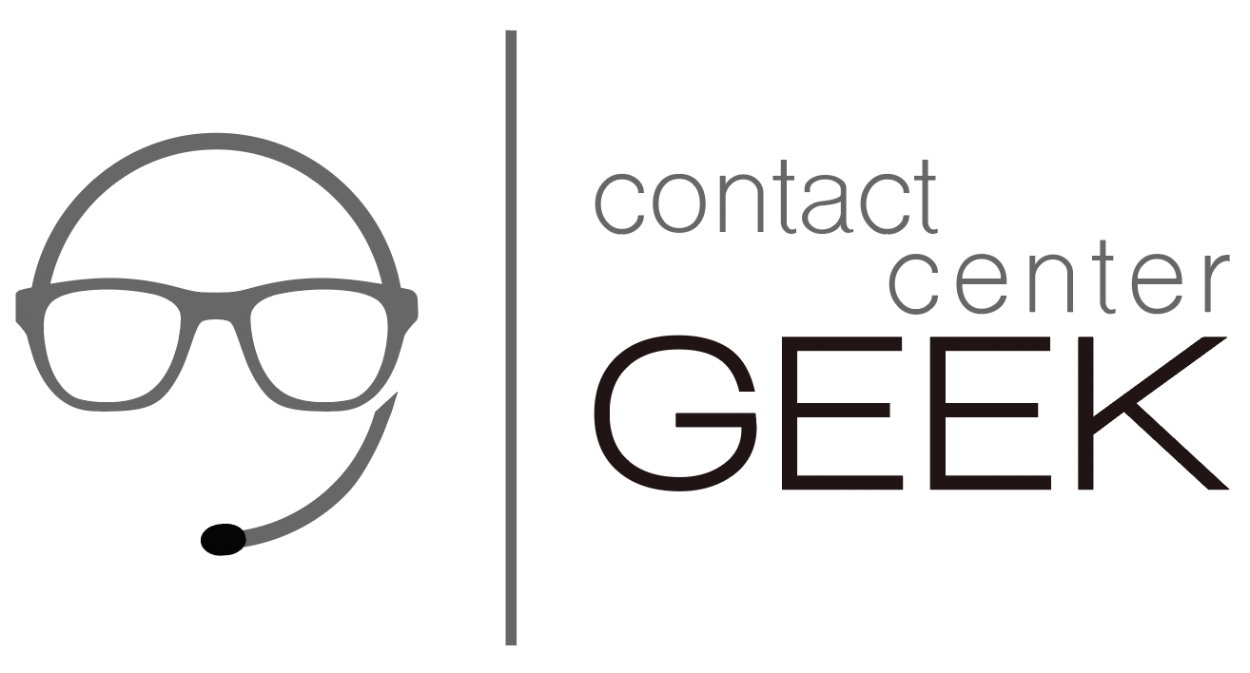Safety First, Money Second
Throughout my career leading contact center teams, I’ve learned many best practices. What some may have called my “rules”, my colleagues have affectionately referred to as, “Matt-isms”.
One of these “Matt-isms” is something I have shared with every newly hired team member for years: “Safety first, money second”. I enjoy meeting with new team members on their first day of work and during this initial meeting I ask what they think I am most concerned with. Inevitably, it’s something like, “are we doing our job correctly?” or, especially if they came from another contact center, “What’s my AHT?”.
Both guesses are wrong. My first priority is to ensure team members have a safe place to work.
In the days before the COVID-19 pandemic sent my entire team, and many other contact center team members across the globe, to work from home, “safety first” meant the physical safety of every colleague while in the office. In other words, each person’s safety was more important than anything else. Yes, anything else! I would tell our new team members that, regardless of what you are doing at that moment, if there is a fire in the building, you evacuate. If you are on the phone with a customer, they are not your priority. I don’t care if you hang up or just take your headset off and walk away. There is no script to read. Your first priority is to be safe.
Safety takes on a whole new meaning now that many contact center team members are working from home. Even more so now, it means that they need to be reminded that their physical safety is still important. If there is an emergency at their home, the priority is still their safety.
Thankfully, I have never worked in an environment where safety wasn’t important to everyone. The beauty behind this rule is the second part: after safety, properly paying team members is more important than everything else in the organization! Yes, everything else!
Behind every rule there’s a story. Here’s the short version of this one. Many years ago, I worked in an organization that was acquired twice in less than two years (sounds fun, right?). As the result of the acquisitions, the company made a change to the timing of our payroll, which resulted in non-exempt employees getting their paycheck for one week instead of two, to which they were accustomed. The official response from the company was that employees would be paid accurately for all hours worked and in accordance with the law. They conceded that the change in timing meant everyone’s next paycheck would be half what it normally was, but that was only because our pay periods changed from paying current to paying in arrears. One senior leader said in an all-hands meeting that it wasn’t the organization’s fault if employees lived “paycheck to paycheck” and couldn’t withstand one check being cut in half.
There was little notice given for this payroll change and, as you might imagine, employees were furious. I heard from many team members about how this was going to negatively impact them and their families. I fought for my team, asking if we could delay the change, find a way to pay them a bonus to make up for the smaller paycheck, or even allow payroll advances, but ultimately, we weren’t able to do anything for them.
Several years later, I was at another company that was making the same change to the way payroll was handled, moving from paying current to paying in arrears. Once again, no one was losing payment for any hours worked, but the way the new pay periods lined up meant that team members would have to wait nearly two weeks longer for their next full paycheck. I had flashbacks to my time at the other company and how this change impacted my team members.
Thankfully, the senior leaders understood how this change would impact employees. We were given a few months’ notice, and when the pay periods changed, each employee was given a one-time bonus equal to what their normal paycheck would be.
That further cemented in my mind the importance of what “Money Second” means. On my team, putting team member pay at that level of priority means a few things:
If one of my team members has a concern about their paycheck, that becomes the highest priority issue. It becomes an all-hands on deck issue.
I quickly communicate anything that impacts pay. This means being clear and transparent about what the process and timeline for salary review looks like, how bonuses or incentives are calculated, etc.
No one works for free! If I call a team member just as they have clocked out at the end of their shift, I apologize and tell them I’ll call them the following day. The response I typically get is, “It’s ok” but still, I always ask them to clock back in. My colleagues trade their talents and their time for pay, it’s that simple. To not honor that is disrespectful, even if it’s just a few minutes.
It is frequently said that pay is not the most important factor in someone’s job satisfaction, but I remind myself that if I screw that part up I don’t even have a chance of getting people to be happy and productive at work. Paying people the right amount is critical, but also treating pay and pay concerns with the utmost importance is also critical.
This article also appeared on LinkedIn - linkedin.com/pulse/safety-first-money-second-matt-beckwith

